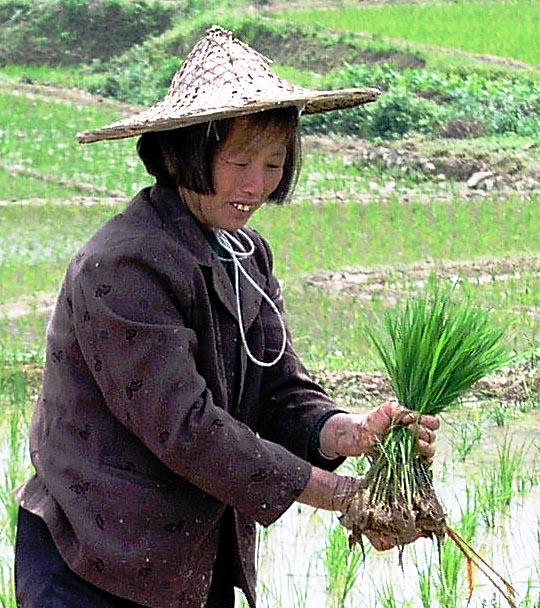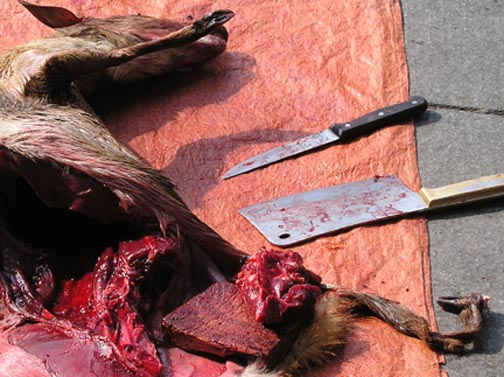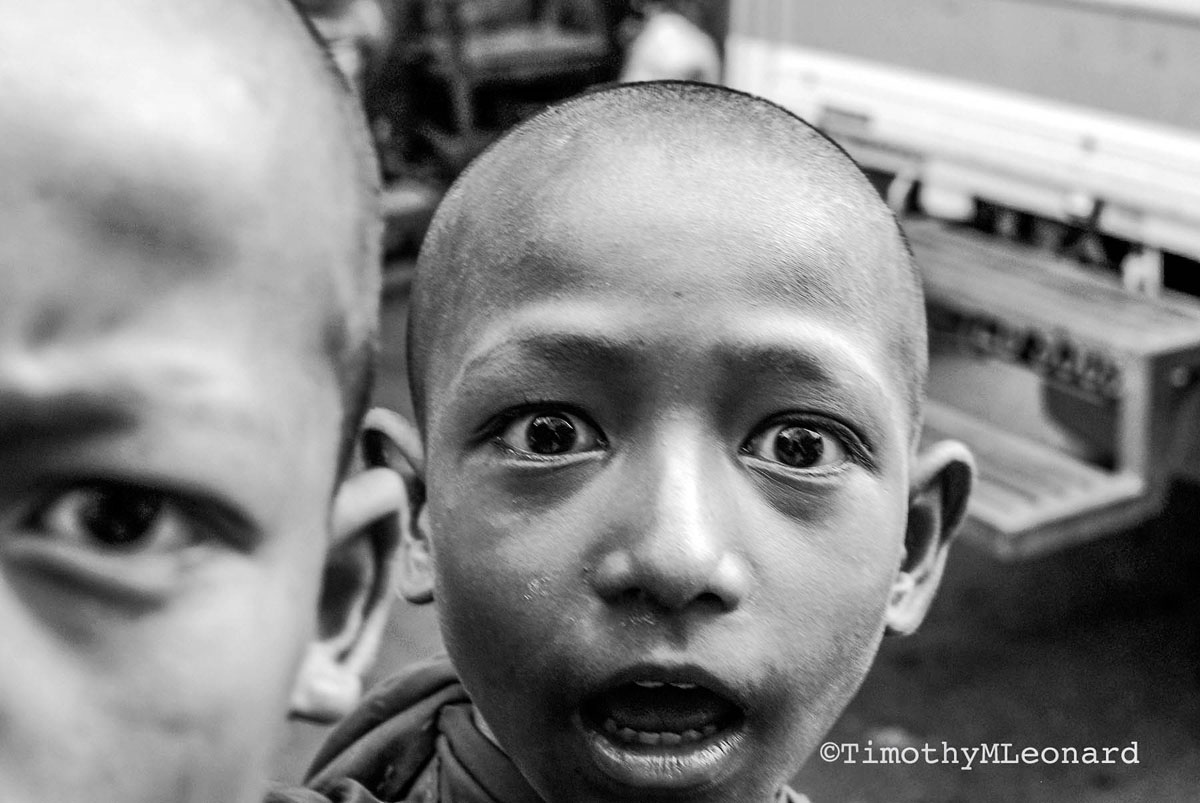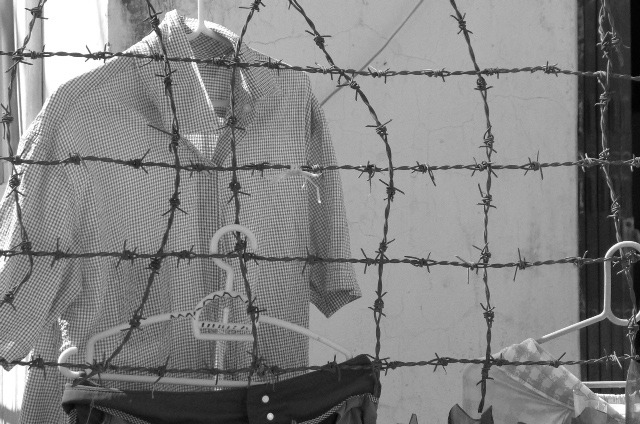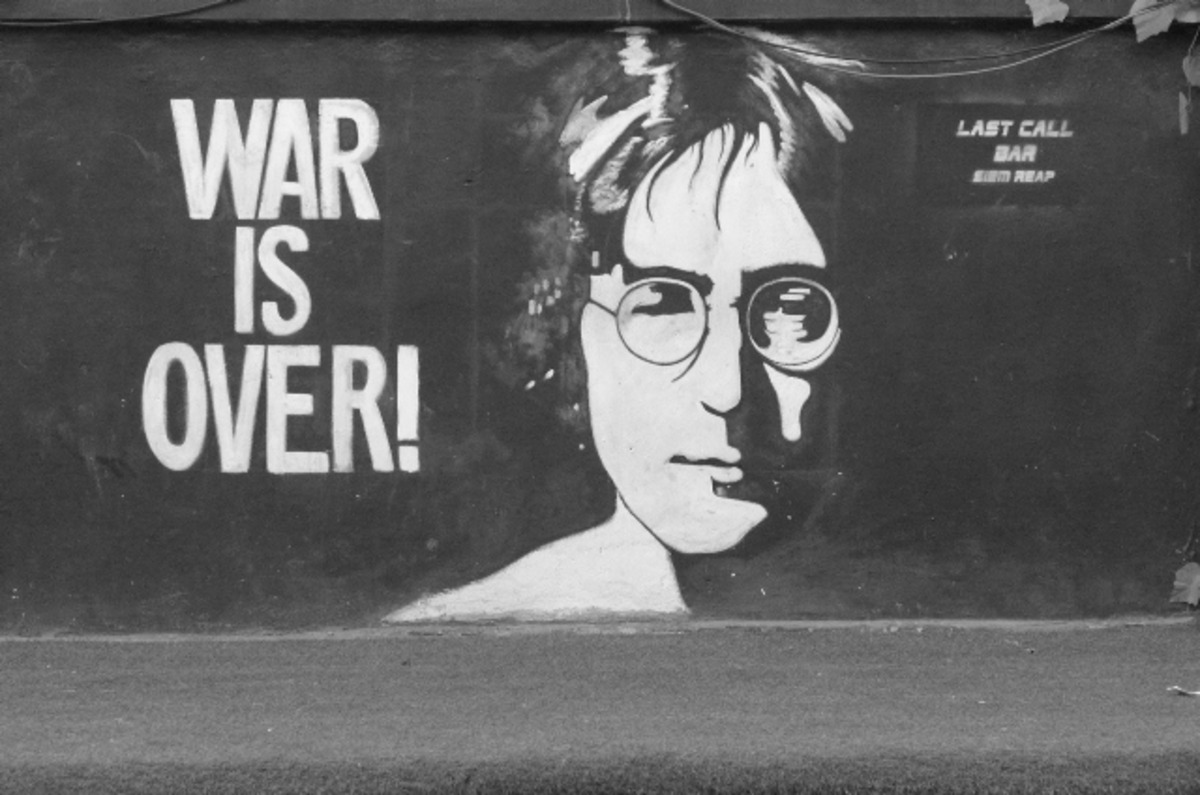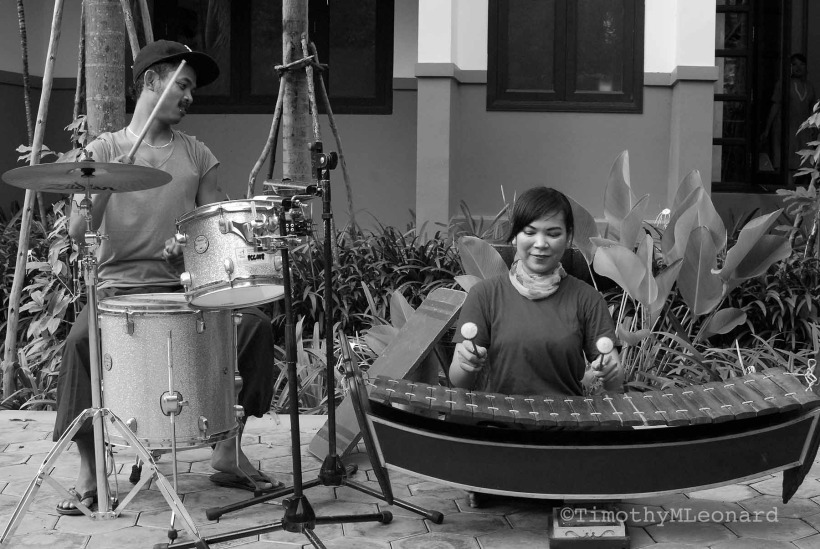Only the dead know the end of war. - Plato
*
“We storytellers, enchanters and teachers,” said Omar, “know the world is made of stories and not atoms. Here’s one for your history. Or is that hiss-tree said the snake?”
Somebody told a story about somebody telling a story in a story.
“It came to pass an old woman seer who shared the beauty, magic and mystery of life with friends and strangers took a pencil in her bone white hand on a cold, snowy evening and looked into flames of creation. Embers smoldered in front of her crystal glass. She dreamed she loved a blind stranger. Her friend and lover were spirit guides, blind shooting stars. They flew away from their village with a tribe of survivors.
“They left behind skeptics, cynics, frauds, charlatans, liars, cheats, fools, scoundrels, knaves, demons, and ghost shadows. They dissolved taxicab drivers, beauticians, janitors, doctors, and lawyers, Indian chiefs, cooks, nurses, busboys, lackeys of every sort of makeup and verifiable description including animal trainers and circus performers.
“They moved through the wilderness of their youth, following Raven, their spirit guardian. They carried provisions to satisfy hunger, thirst and desire. They never knew, appreciated or realized desire until they were tricked into eating a piece of fruit. They scattered seeds at an oasis in the desert.”
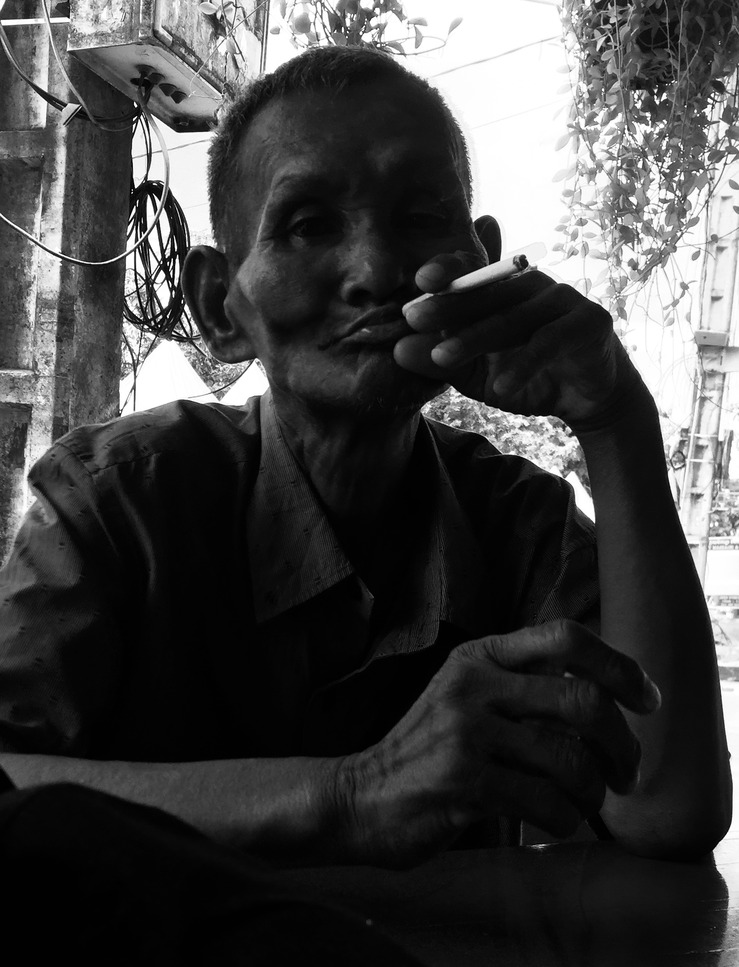
“What happens next Omar?” said a kid.
“It was raining in the desert before Christmas as Gulf Air Flight 212 departed Kuwait. We encountered gray turbulence in neutral airspace where Islamic law against the consumption of alcoholic beverages had no influence. I savored a cold Carlsberg. By Carlsberg numero dos we were at 25,000 feet in blue sky and white thunderheads. Airmobile again.
"In Bahrain I collected a visa stamp, took a cab to the Diplomat Hotel and room 621 with an excellent view of the aquamarine Gulf and new civic center construction project. I opened windows, an ice cold beer, calibrated rock and roll music on the radio and ordered a three-egg omelet with hash browns, whole-wheat toast complimented by thick Turkish coffee. A Filipino waitress in pink room service motif brought it up.
"The next afternoon I took Taxi #1 into Bubba Bahrain, a maze of haphazard streets. I bought vitamins at a pharmacy and escaped expensive shopping zones entering the old suq lined with herbs, spices, textiles, fruits, vegetables, secondhand watches, goats, sheep, brooms, tea and ancient emulations.
"From an inside secret pocket of a worn olive drab photographer’s vest, I pulled out a very small, simple and technically precise European designed 35mm rangefinder camera loaded with 125 ASA black and white film. A gift from gods of optical ingenuity. A well-designed tool. A work of art.
"I started with an image of a donkey’s head covered by a burlap feed bag to prevent attacks on unsuspecting humans. Down twisted alleys I wandered, shooting old men and women, trapping their spirits on negatives. Children’s faces wearing cartoon character masks with innocence preserved behind wide glowing eyes were captured forever. Delicate eroding architecture, thatched reeds on woven bamboo poles embedded in mud, iron grated windows and intricately carved balconies made of blue and white mosaics were threaded into a black canister.
"In early evening out of curiosity I stopped at a Persian carpet retailer to learn about his business. Over endless cups of tea he shared these facts.”
1. There is a difference between “expert” and “well knowledged (sic).”
2. Carpet making is based on tradition, history, quality and time. Takes 14 months for some carpets.
3. Design and a particular technique is required to produce a good quality carpet.
4. His carpets were woven and stored in a warehouse in Iran before being smuggled by dhow to a Dubai wholesaler. A buyer in Bahrain purchases them by the bundle paying a single price for the lot before shipping them to the shop.
5. Cotton costs BD (Bahraini dinar) 2/lb.
Neck wool BD 7/lb.
Silk BD 9/lb.
6. Good prices were available now with the recent devaluation of the Iranian Real.
7. One needs to be aware of specifics. Is it pure silk or combed wool? What is the precise number of knots per square inch?
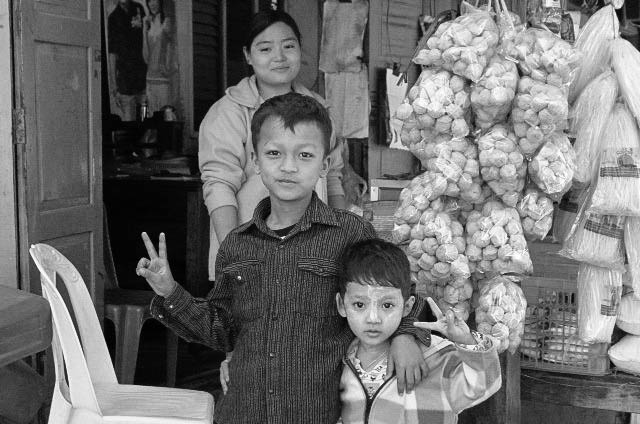
“I thanked him and walked to the Dolmen Hotel, an old foreign oasis constructed for air crews. Interior pseudo classic Arabic architecture featured vaulted windows, wattle thatch and poles on low ceilings. Dave, from the Twin Cities, sat at the bar complaining about needing a third operation to correct poor metatarsal bones in his left foot. He said Saudi doctors messed him up twice so he came to Bahrain for, hopefully, a final operation.
“I saw three Filipino males have their right hands cut off in Riyadh for stealing,” he said, meaning Sharia law. “Justice is served every Friday at high noon in the town square. Authorities tied their arms down on boards to support the wrists.”
“Amazing,” I said.
“Yes,” Dave said. “The multawa, an official, approached one man, flashed his sword into the air and severed his right hand off. He screamed. The multawa moved down the line doing his job. Another man carrying a blazing torch applied fire to the stump to cauterize the wound.”
“Lynnette, a 31-year old Filipino waitress at the Dolmen was pleasant, lonely and bored. After five years doing cashier work in Manila she found a job in Bahrain.
“My dream is to save money and buy a house back home.”
“Do you like it here?”
“Not really. The wages are poor, they give us lousy Indian food and there’s no social life.”
“Why’s that?”
“Hotel management locks us in at 7 p.m.”
“Sounds like slave labor. Been going on in the Gulf for a long time.”
“Well," she sighed, “it’s just a job. It's not forever.”
I wandered away.
“At happy hour, the Intercontinental Hotel was jammed with Arabs, English investment suits and punkers. I ordered a beer at the bar. A small Bahraini man crowded next to me started asking questions.
“Where are you from?”
“Everywhere. I am the mother of all grasshoppers.”
“What do you do?”
“I kill people. I'm a mercenary.”
“I don't believe you,” said his eyes.
“Yes. I kill people with kindness. It’s a living. I am busy 24/7. It’s a job. It passes time. People pay good money for me to take care of their problem. I’m paid to clean up other people’s messes. No women or children.”
He wanted to know something about his life. I predicted his age, family history, occupation and future. He left me alone.
“Outside the Kuwait suq battered red and white rusting water trucks with chipped paint stood idle inside a wire compound leaking their loads into dust. Two solitary Bedouins sat on metal folding chairs with crushed plastic buckets and sacrosanct rags collecting dust near the Fifth Ring Road waiting for drivers needing a car wash. Waiting was their patient life in the desert, waiting for dusty cars, waiting for oil to be discovered below sand, waiting inside an omnipresent yellow haze swallowing everything.”
Weaving A Life, V1
 11.17.2023
11.17.2023 